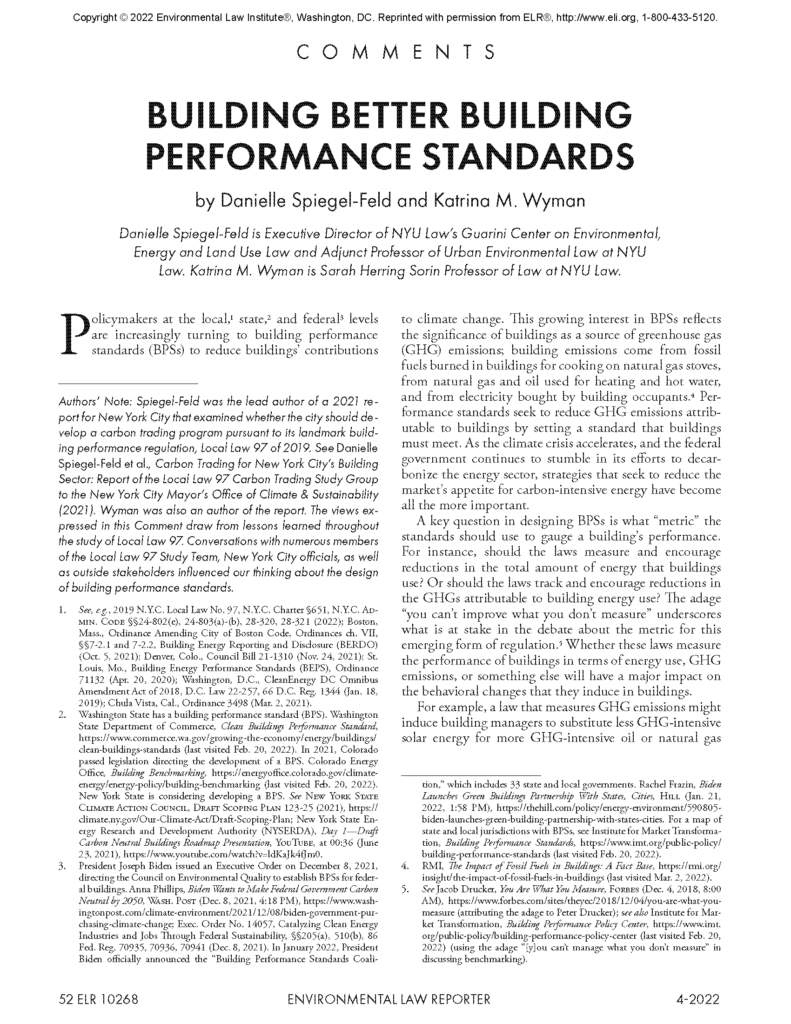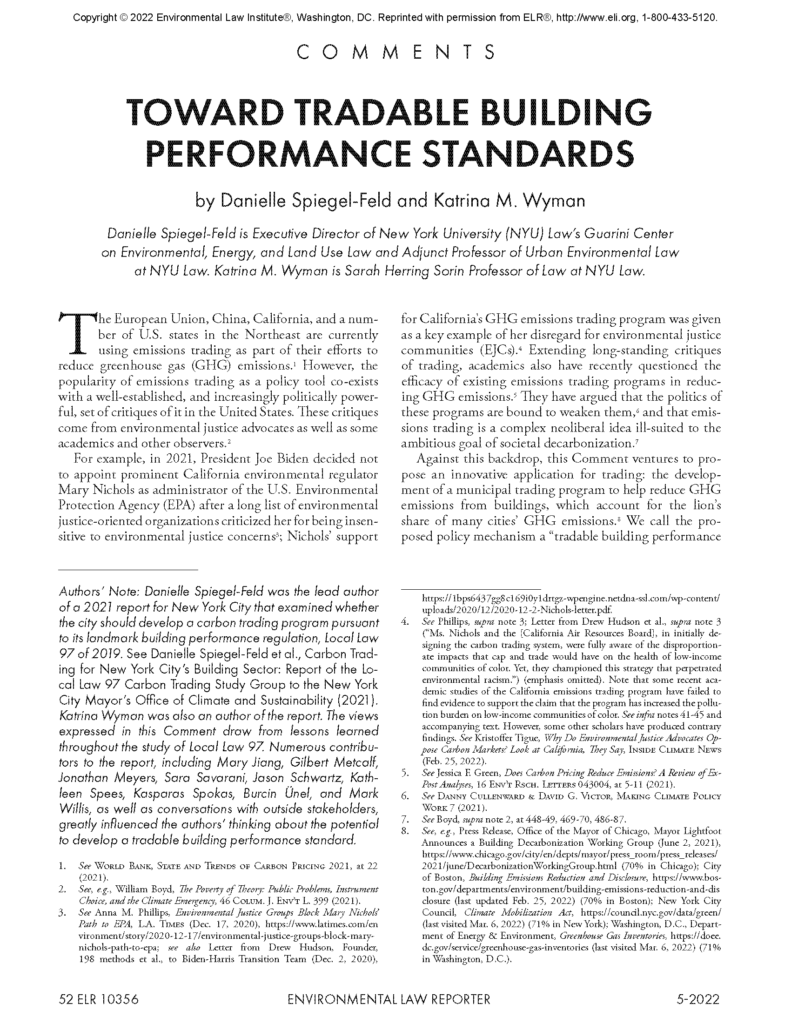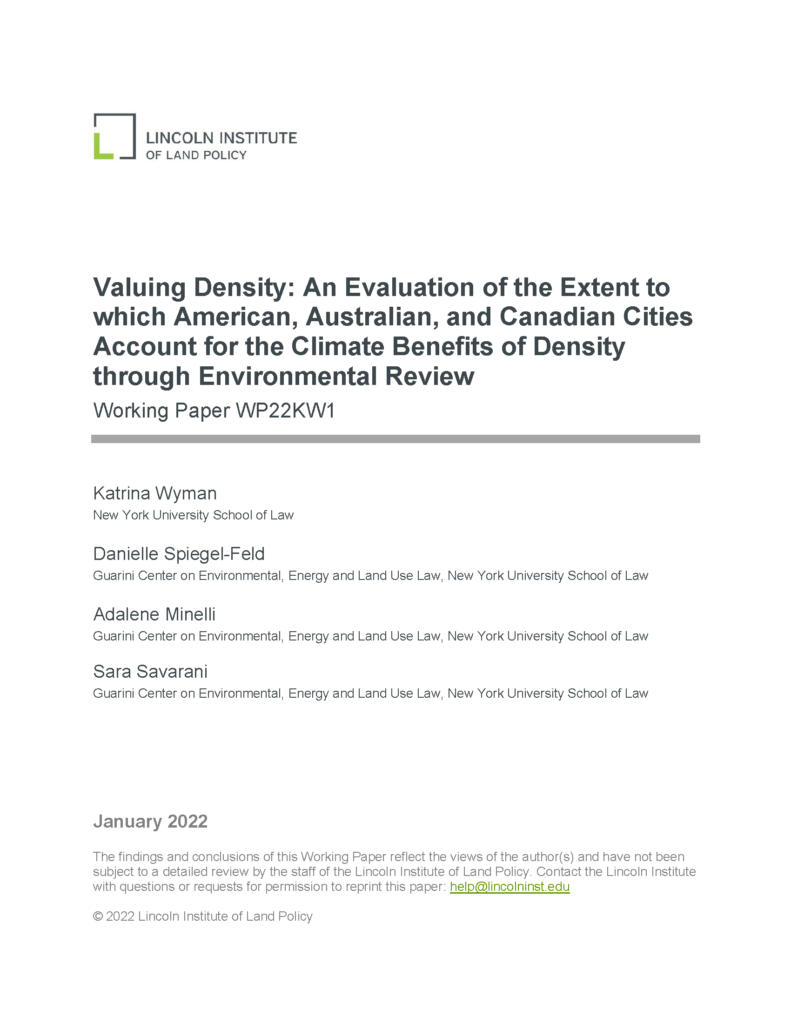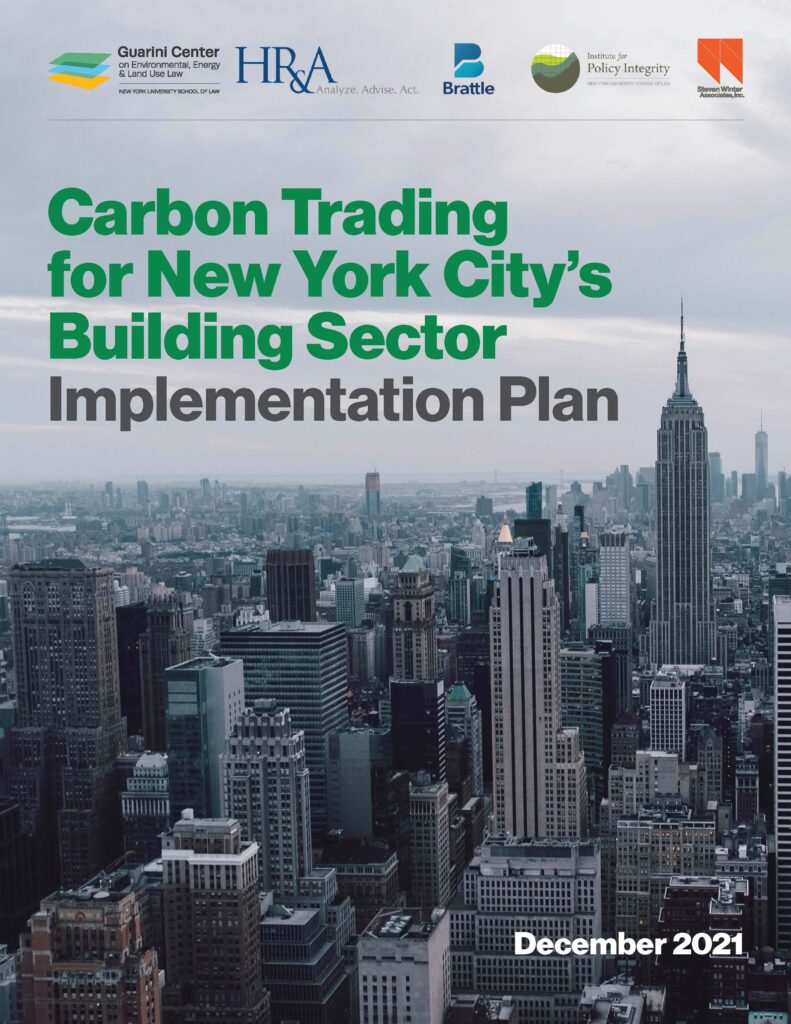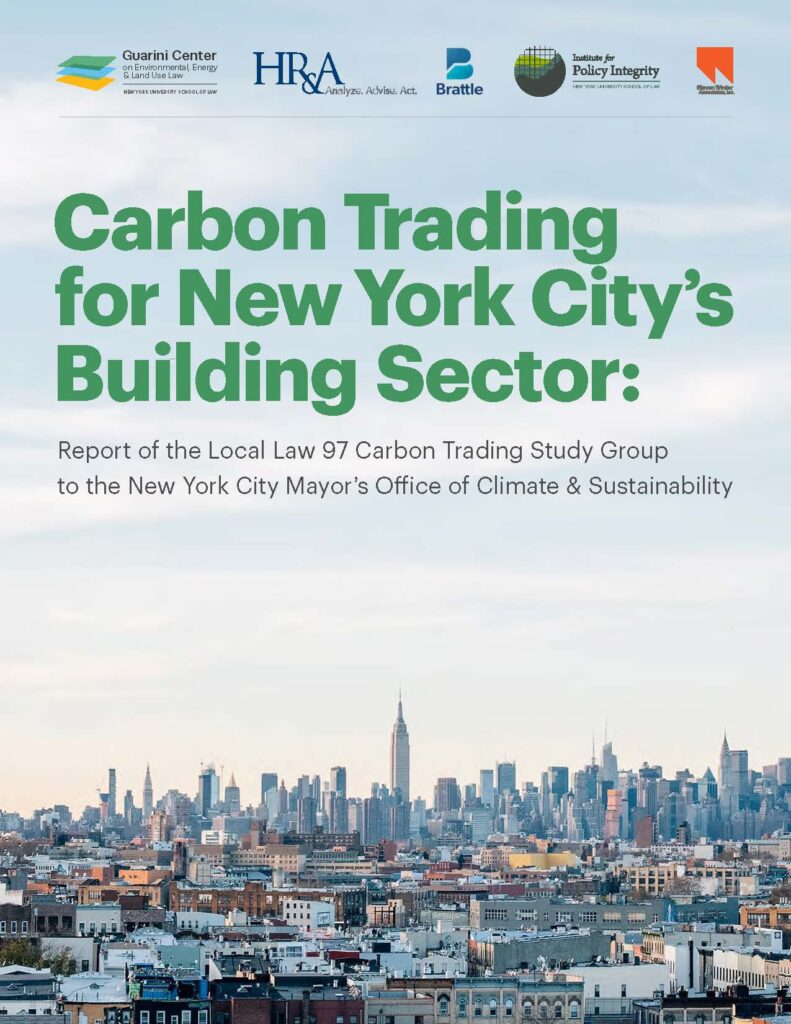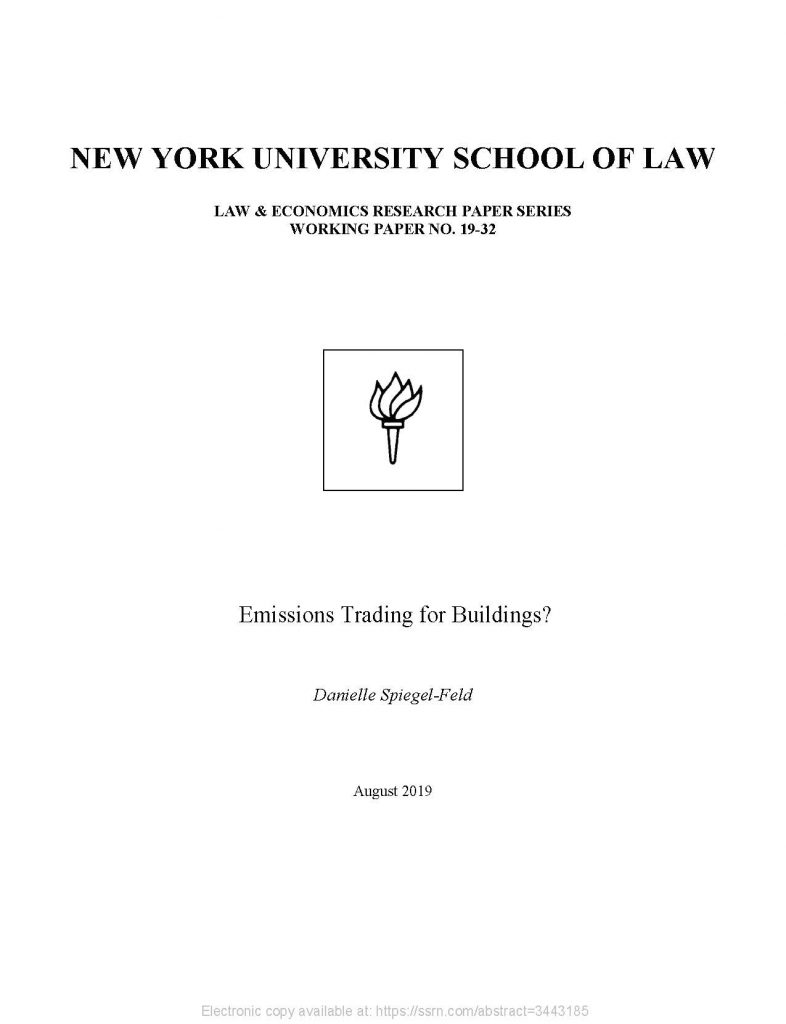Building Better Building Performance Standards
As the climate crisis accelerates, policymakers are increasingly turning to novel forms of regulation to reduce greenhouse gas (GHG) emissions. These include regulating the emissions of buildings, which account for over 30 percent of GHG emissions nationwide. A key issue in regulating buildings is whether to regulate building GHG emissions, or whether to regulate the […]
Building Better Building Performance Standards Read More »

